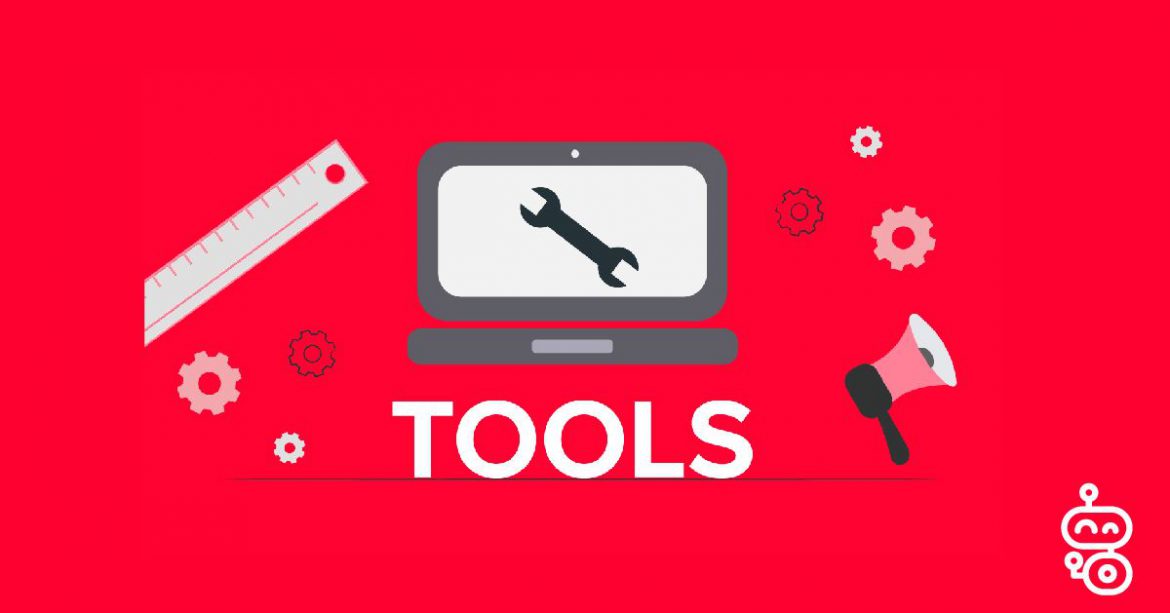What Questions Should I Ask a Marketing Firm Before Hiring?
When partnering with a marketing firm, it can be difficult to determine which of your available options is the best fit for your business. If you are looking to outsource your marketing, you will need to be able to filter out the firms that can’t meet the needs of your business and ...
The Best Go-To-Market Strategy Examples
Source: Marketing Eye Australia Go-to-market strategies that are well thought through, strategic by nature and research-backed have a higher likelihood of success than those that rely on ad hoc marketing tactics or old methodologies. Having a good example of a go-to-market strategy will ensure ...
5 Reasons Why A Website Is Important For A Small Business
A website is an essential component for any operating business, especially for a small business. Now more than ever, it is necessary for business owners to ask key questions such as, “where are my customers found?” “where is my competition engaging with my target audience?”. The answer is easy, ...










